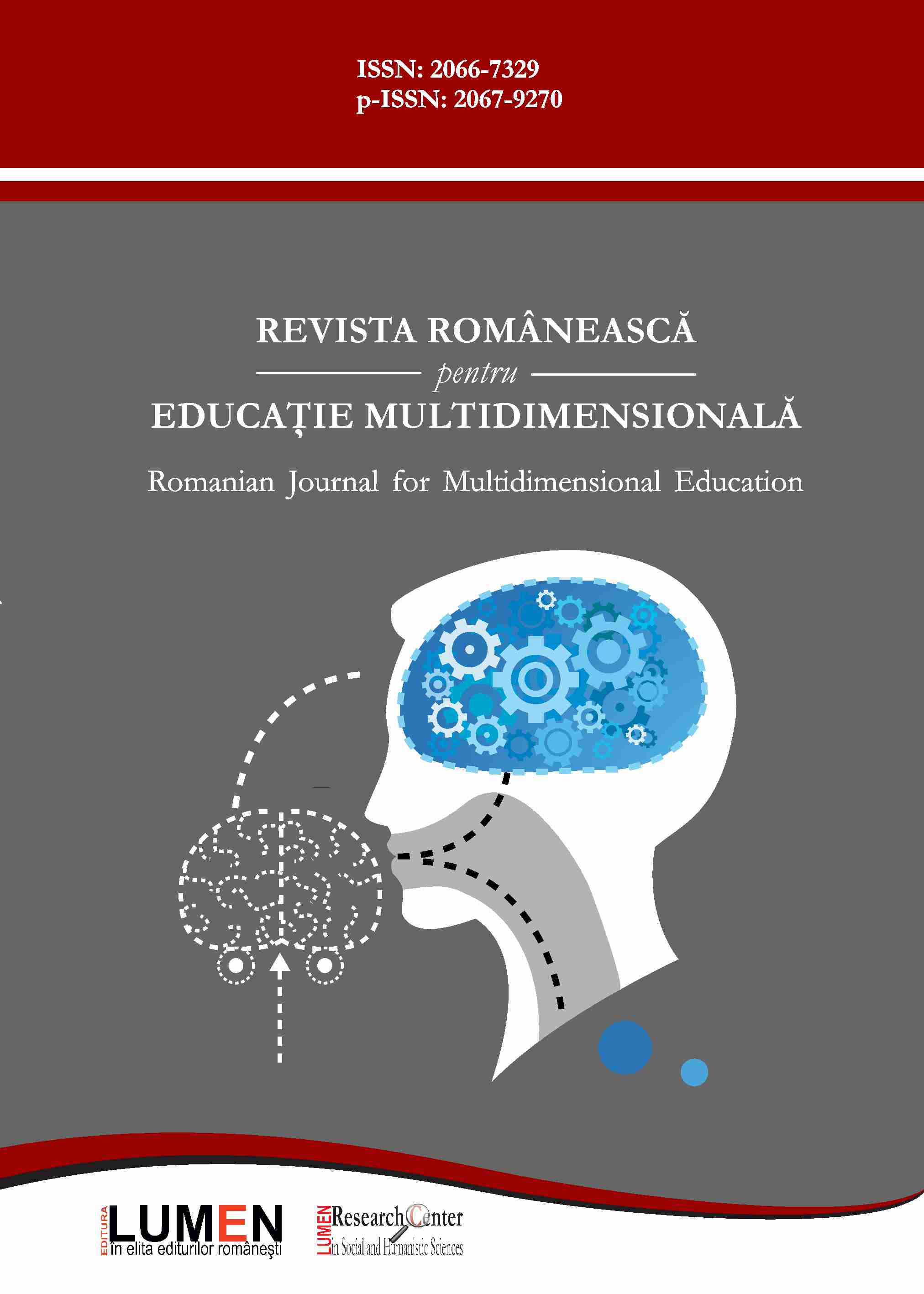Using Blended Learning Technology in Foreign Language Communicative Competence Forming of Future International Relations Specialists
Using Blended Learning Technology in Foreign Language Communicative Competence Forming of Future International Relations Specialists
Author(s): Svitlana Hryhorivna Kachmarchyk, Svitlana Borysivna Khrystiuk, Liudmyla Oleksiivna Shanaieva-TsymbalSubject(s): ICT Information and Communications Technologies
Published by: Editura Lumen, Asociatia Lumen
Keywords: blended learning technology; foreign language communicative competence; e-learning course; International Relation students; English as a second language;
Summary/Abstract: The successful development and strengthening of Ukraine’s international and intercultural relations with other states leading to the global expansion of social and economic integration requires future International Relations specialists to communicate professionally in foreign language. In this context, there is a need to take new approach to foreign language teaching in institutions of higher education. The present study proves that one of the most promising directions in education development in the modern world is blended learning as it combines the strengths of traditional educational methods and benefits of online learning technologies. The article states that e-learning course is a major means of blended learning implementation in the process of foreign language communicative competence training for future International Relations specialists. The e-learning course structure for students of the first year in specialty 055 «International relations, public communications and regional studios» based on the MOODLE 3 platform has been described. The results of the experiment at the National University of Life and Environmental Sciences of Ukraine demonstrate that using the MOODLE platform forms and improves the future International Relations specialists’ foreign language communicative competence and ensures the main educational process requirements (openness, accessibility, interactivity, and instrumentality) have positive effects for both teachers and students.
Journal: Revista Românească pentru Educaţie Multidimensională
- Issue Year: XI/2019
- Issue No: 4
- Page Range: 84-99
- Page Count: 15
- Language: English

